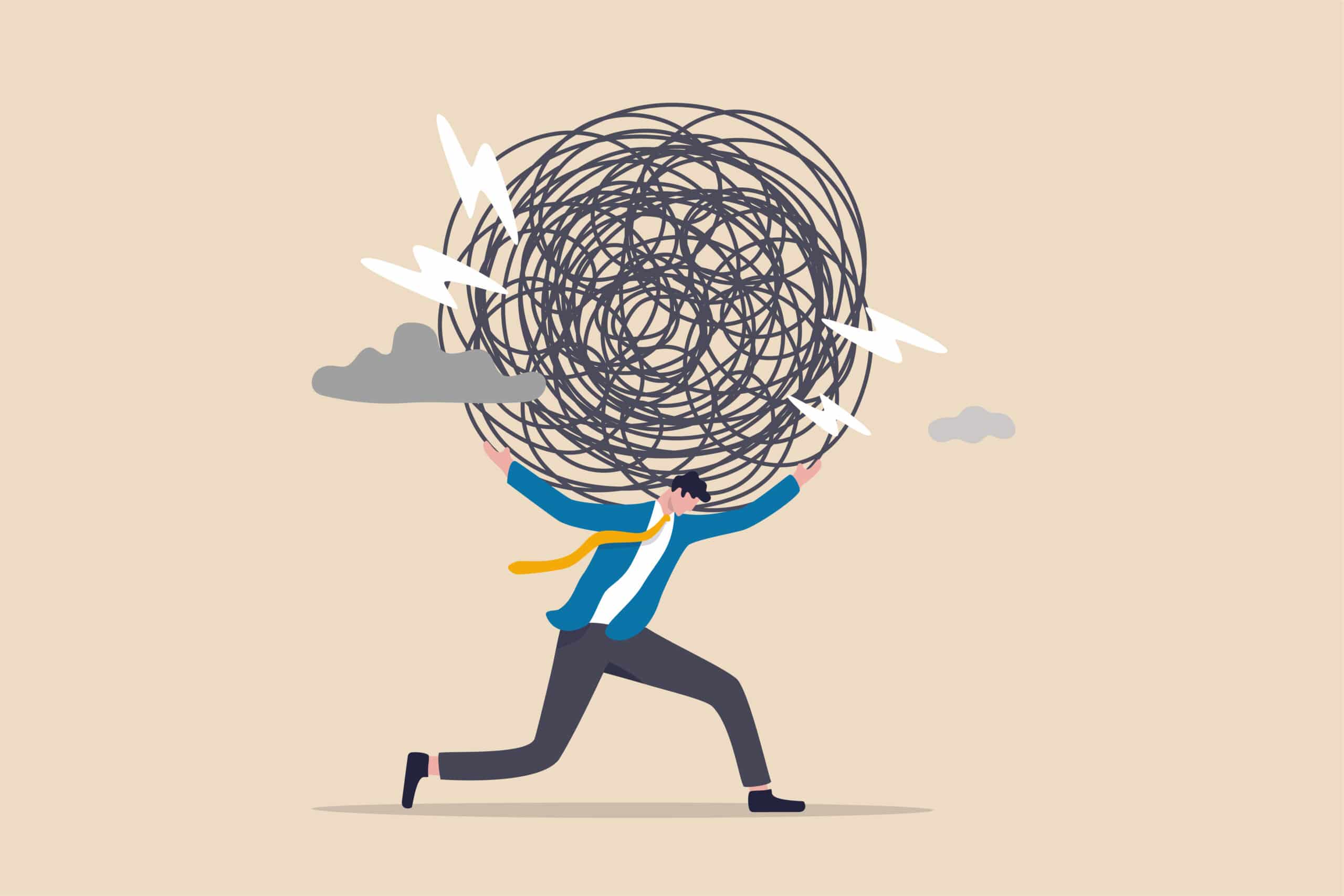Alcoholism, also known as alcohol use disorder (AUD), is a multifaceted condition that affects more than 10% of the population in the United States.1 While it isn’t categorized as a primary mental illness like depression or schizophrenia, it is intricately linked to mental health.
Alcohol addiction and mental health share a complex relationship. How do the two conditions intersect and influence one another, and is there a more accurate way to categorize alcohol use disorder?
Alcohol Use Disorder and Mental Health
One of the key connections between alcoholism and mental health lies in the prevalence of co-occurring mental health disorders. Many individuals grappling with alcoholism also face additional mental health conditions such as depression, anxiety, bipolar disorder, or personality disorders. These co-occurring disorders can make the management and treatment of alcoholism more challenging, as they often exacerbate one another.2
For example, individuals struggling with depression may turn to alcohol as a form of self-medication to alleviate emotional pain. This pattern of drinking can lead to the development of alcoholism, creating a vicious cycle of addiction and worsening mental health.
Self-Medication and Emotional Relief
Some people with an underlying mental health disorder resort to alcohol as a means of self-medication. They may use alcohol to numb emotional distress, ease stress, or alleviate symptoms of their mental health condition. While alcohol may provide temporary relief, it ultimately contributes to the development of alcohol addiction and may worsen the underlying mental health issue.
Neurochemical Changes and Brain Chemistry
Chronic alcohol use has a profound impact on brain chemistry. It can lead to alterations in brain function that affect mood, cognition, and behavior. This is one reason why individuals with alcohol use disorder often experience severe mood swings, cognitive impairments, and erratic behavior. These neurochemical changes can contribute to mental health problems, making it crucial to address both the addiction and the associated mental health issues.
Mental Illness vs. Chronic Disease
Since alcohol use disorder is not necessarily a mental illness, perhaps there is a better way to classify it. Alcohol addiction is a chronic, relapsing brain condition, meaning there is no cure, and despite the length of time in recovery, there is always the chance of a relapse.3 Some specialists compare it to chronic diseases such as heart disease or diabetes.
Alcohol use disorder may be closer to a chronic disease than a mental illness. No matter how specialists classify it, though, it is a serious condition that often requires intervention and ongoing care. Alcohol addiction treatment programs are typically the first step in a person’s recovery journey, especially for those with co-occurring disorders.
Finding Help for Alcohol Addiction
Again, while alcohol addiction itself is not classified as a standalone mental illness, it is a complex condition that is closely intertwined with mental health. The co-occurrence of alcoholism and mental health disorders is common, and they often feed into each other, creating a challenging cycle to break.
Recognizing the connections between alcoholism and mental health is crucial for effective treatment and recovery. Comprehensive care that addresses both the addiction and any co-occurring mental health issues is often the most successful approach. This typically involves therapy, counseling, and, in some cases, medication.
You can find these types of services at programs like Lifeskills South Florida. We offer a range of treatment levels to meet the needs of anyone struggling with alcohol use disorder. To learn more about our program, call us at 954-953-1742 or submit an online contact form today.
References
- Substance Abuse and Mental Health Services Administration. (2022). 2020 National Survey on Drug Use and Health.
- National Institute of Mental Health. (2023). Substance Use and Co-Occurring Mental Disorders.
- GoodRX Health. (2023). What Are the Most Common Causes of an Alcohol Relapse?




